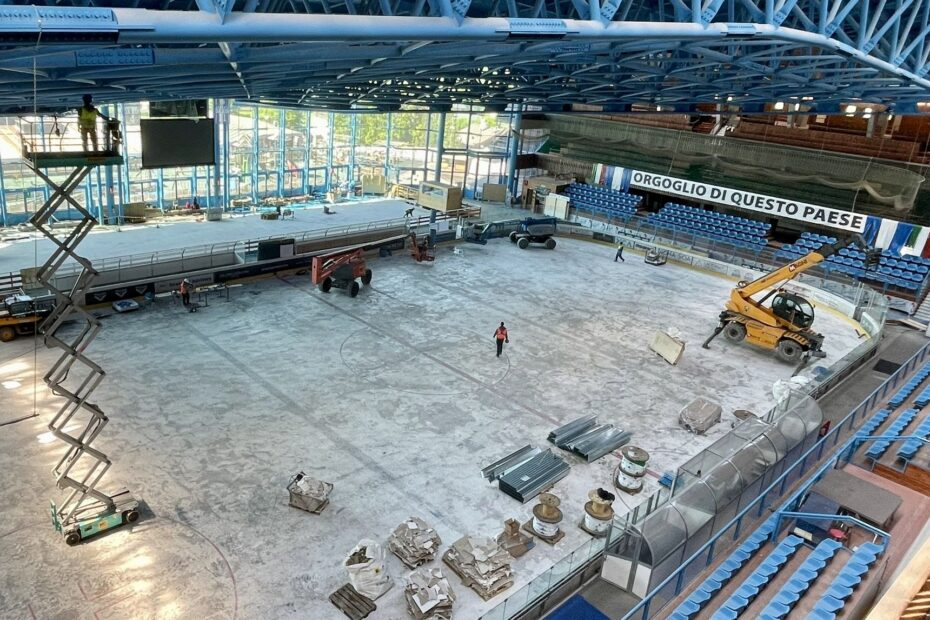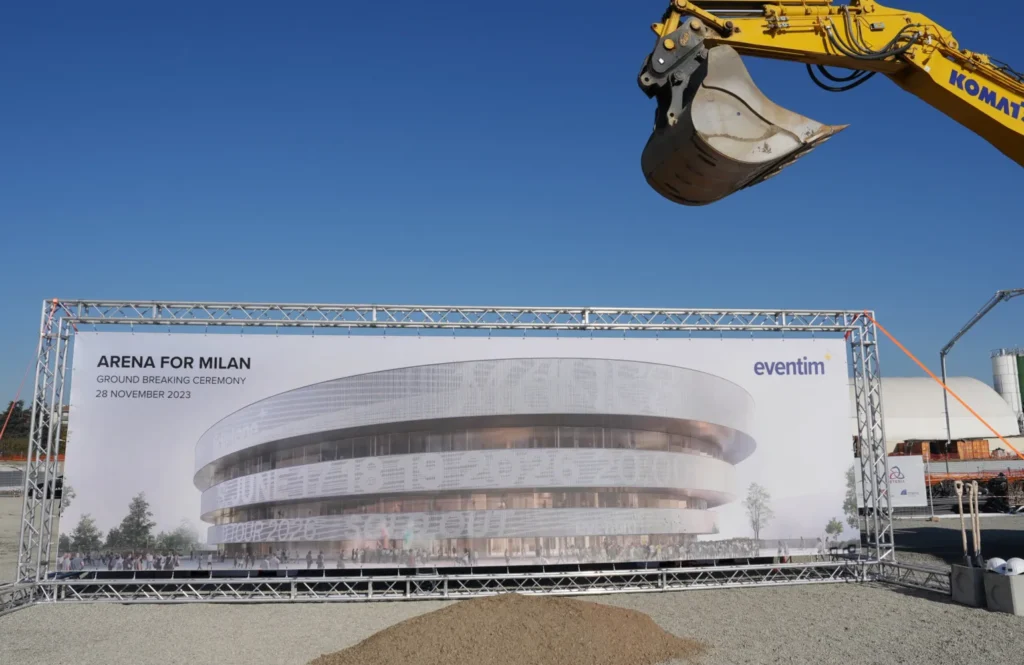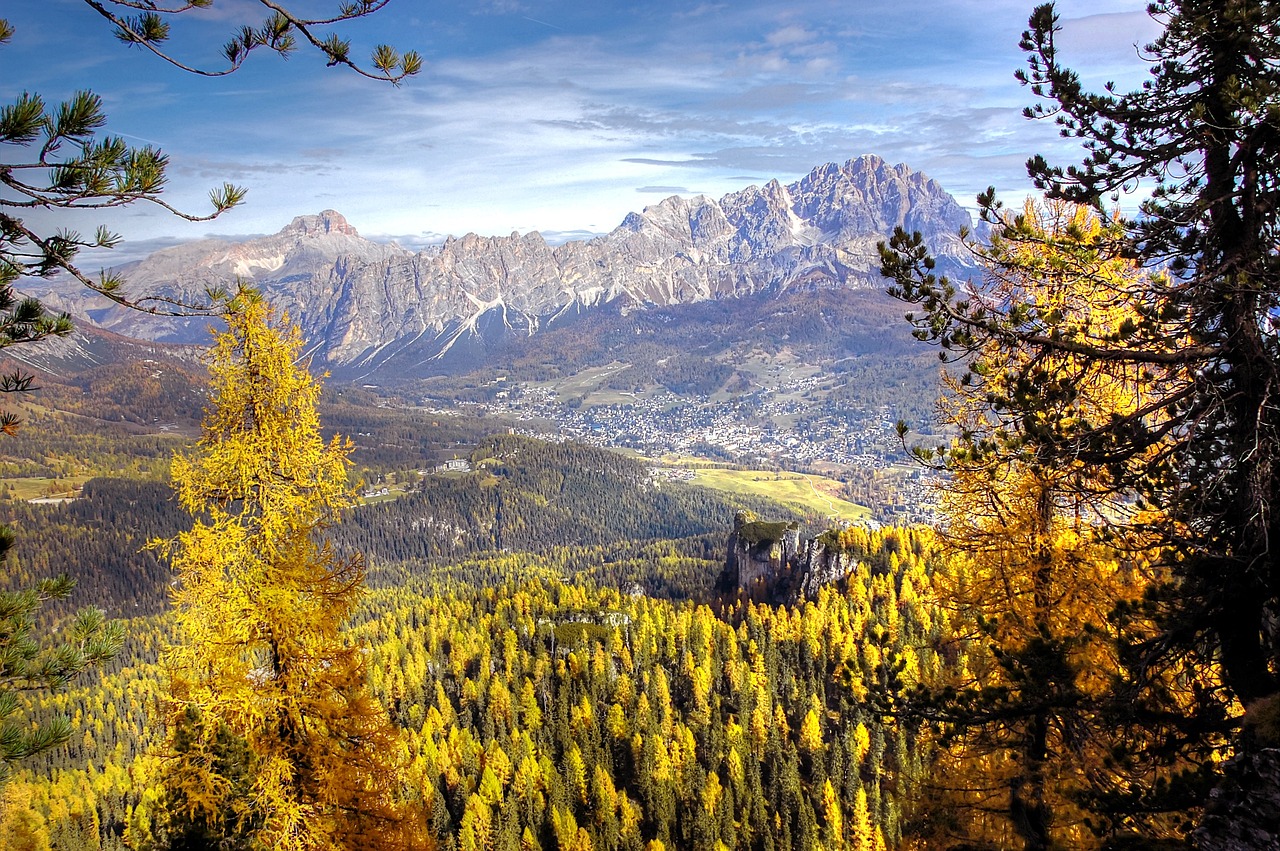Italy will host the 25th edition of the Winter Olympics, scheduled to take place from 6 to 22 February 2026 in Milan and Cortina d’Ampezzo.
This will be the fourth occasion on which Italy has hosted the Olympic Games, following the 2006 Winter Olympics in Turin.
Despite the significance of the event, preparations and venue allocations have prompted some concerns from civil society.
On last World Biodiversity Day, we had the opportunity to discuss the case of the Open Olympics. It is also worth noting that the first international civic monitoring campaign on the upcoming Winter Olympics was launched on the 14th of May.
The aim of this campaign is to request clarity regarding costs, procedures for implementation, and the involvement of civic society.
The campaign is comprised of 20 Italian and international associations, including Mountain Wilderness, Libera, WWF, Legambiente, and Club Alpino Italiano (CAI) .
These associations are requesting transparency from the International Olympic Committee and the Milano-Cortina 2026 Foundation, the society created for the organisation of the games.
Two of the construction projects planned for the Olympics have in fact raised objections from certain sections of civil society.
Cortina d’Ampezzo will host a number of competitions, including those in skeleton, luge, and bobsled. The city hosted the Olympic Games in 1956, and the existing structures are no longer suitable for the new edition.
Initially, some politicians proposed hosting these specific competitions in the city of Turin (the 2006 Olympics location) or in the nearby Austrian city of Innsbruck. However, the Italian Olympic Committee ultimately decided to construct a new bobsleigh track in Cortina, with an estimated cost of approximately 120 million euros.
The construction of the track has entailed the felling of approximately two hectares of forest and 600 larches, which have been in place for approximately two centuries.
These trees are located near the town of Cortina and hold significant cultural and symbolic value for the local population. Furthermore, the project commenced considerably later than initially planned, which has increased the risk of the track not being completed in time for the start of the event in February 2026.

The city of Milan has been selected to host the Olympic Village and a number of the Games, including the hockey competition. Given the lack of a strong tradition in this sport and the absence of a suitable hockey stadium, the Olympic Committee and the Municipality of Milan have taken the decision to construct a new sports facility.
However, the magazine Altreconomia has discovered that this facility, called Arena Santa Giulia, does not currently have the necessary approvals to host hockey matches. It is therefore required to obtain a special permit from the international federation for the holding of Olympic competitions.
There is an intention on the part of the Milan City Council and the builders of the stadium, who are linked to a major concert organising company, to create a venue for concerts and events, rather than a sports facility that would be of benefit to the citizens.

The Italian edition of the Games, which was intended to be a sustainable Olympics, is instead resulting in the construction of new facilities that are damaging to the environment.
It could be argued that the case of the bobsleigh track in Cortina is emblematic, and that Milan’s new stadium is perhaps an example of economic speculation.
While the stadium will be built with public funds, its design is intended to serve the interests of private entities. There is a risk that works built for the Olympic Games will be abandoned after the event or given to private companies to manage, which would be detrimental to citizens and and the ethics of sport.

